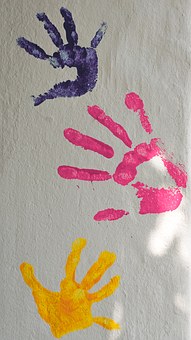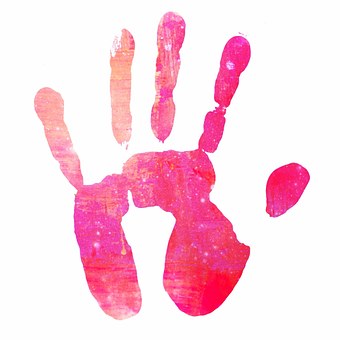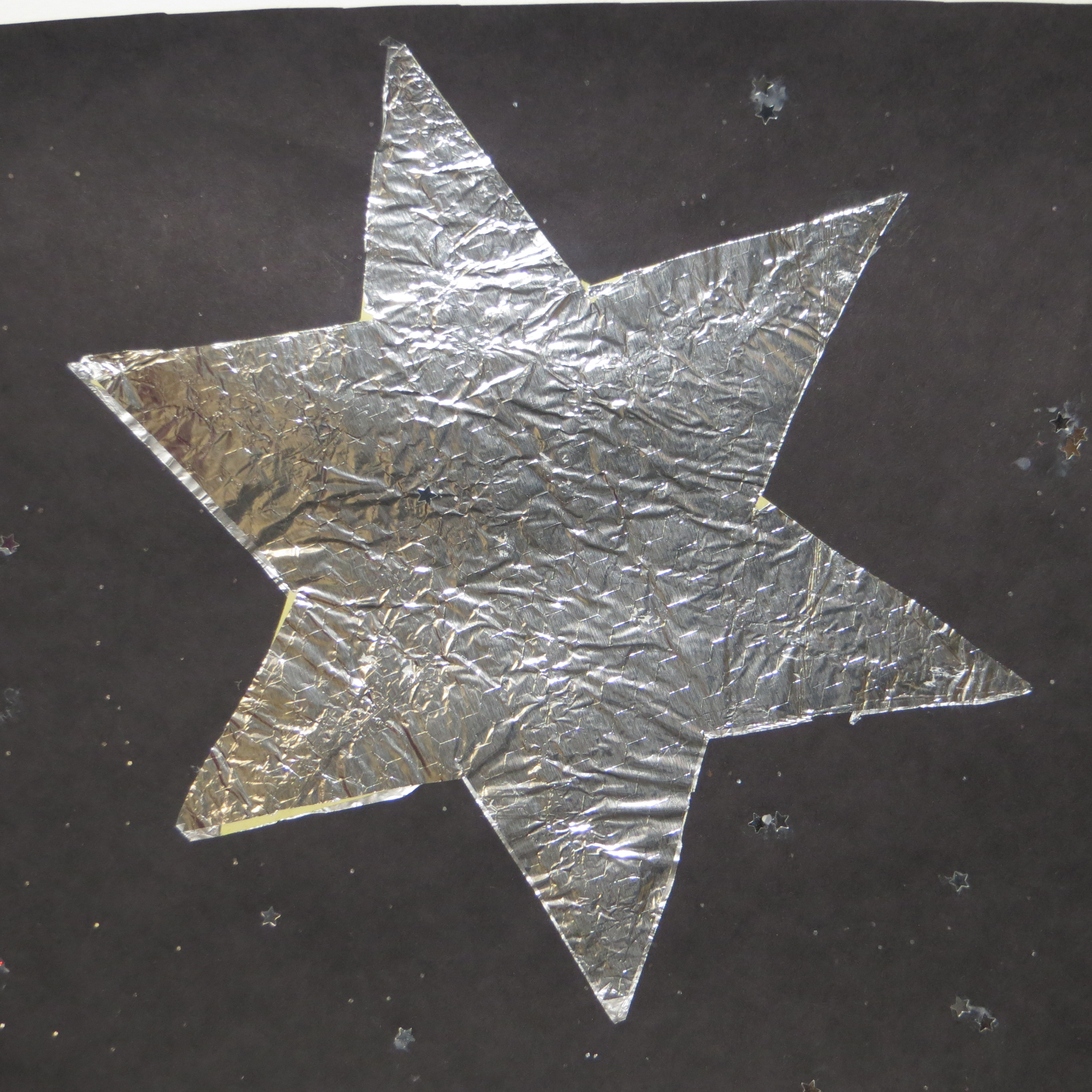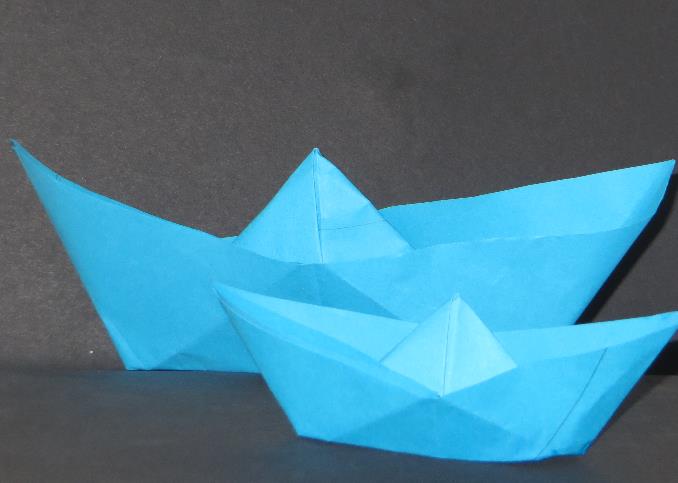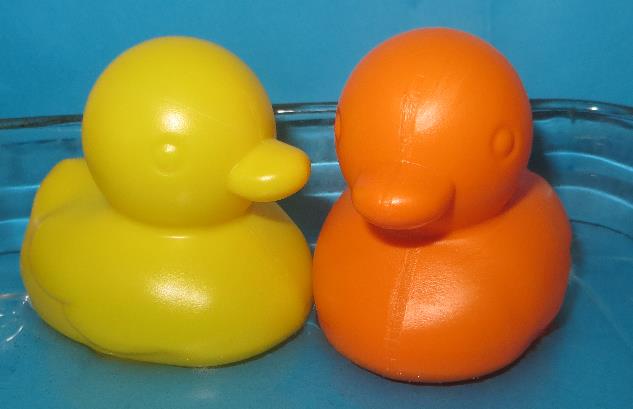SMALL WORLD



Small World is a classic form of play in which children use their imagination to create a story, act it out and enjoy the experience. Creating a 'Small world' is the perfect ambience for children to emerse in and discover what the real world is like. Suitable materials are used to create a theme that imitate real world but in miniature format.
Small World allows children to focus and manipulate objects and materials, but importantly it creates an opportunity to do role play and act out stories. Through role play children can express their feelings and events in their lives in a safe surroundings.
Small World play encourages children to imagine, to pretend, to create, and lead their own play. It is an open-ended and boundless activity that will give children control over their play. Setting up this type of play will encourage children to draw from their own experiences and at the same time learn new ones.
Arabian Desert
The deserts are in far away places that we read about or see in a film, but rarely get to visit. However, we can create a a small children's desert for children to play with in the home so that they can experience what it's like.
Aim of this type of play is to make children aware of other worlds.
Age: Over 2
Equipment: Apron, safety mat, paper towels, shallow tray and sand;
alternatively use coarse semolina and sugar
Objects /toys: Camel, miniature figures, rubber or plastic lizards
Site: Indoors or outdoors, on the floor or on a low table top
What to do
Pour the sand on to a tray and place on the floor or low table top
Place the plastic animals in the sand such as the scorpion or lizard and camel.
- Encourage children to interact with the small world
- Encourage children to describe the desert sand and the animals that live there
- Introduce new words
- Let children lead the play
- Let children tell a story
- Let children role play
- You can also join in and role play if children want you to
- Give children the space to play on their own
Fun day at the sea side
Sea Side
The sea-side is where every child wants to go and have fun. They can play in the sand or paddle in the water, and children will associate this play with summer time, sunshine and ice cream. You can create that fun environment any time of the year in your own home and give them that wonderful experience.
The aim is to give children the opportunity to enjoy and explore the sea-side whilst developing other skills.
Age: Over 2
Equipment: Apron, safety mat, paper towels, small bowl of water, shallow tray, sand, alternative use coarse semolina and sugar
Objects: buckets, spades, ladles, sieve, child size water can, large sea shells
Site: Indoors or outdoors, on the floor or on a low table top
What to do
Pour the sand on to a tray and place the bowl of water in the middle of the tray to represent the sea. Then put the plastic bucket, spade and funnel in the sand and encourage children to scoop the sand and pour into the bucket. Also, put few cardboard tubes of different sizes (from kitchen towel rolls or toilet rolls).
- Use small yogurt containers to make small sand castles
- Use a small plastic jug to fill with water to wet the sand
- Use a spoon with holes or a yogurt container with holes made at the base.
Visit to the farm
Children are introduced to farm animals from a very early age and learn about the sounds they make and become familiar with the different farm animals, seen in story books or heard from nursery rhymes. Children love farm animals, so take the opportunity to create a small world that feels real.
Aim to create a farm world for children to interact with and learn about farm animals.
Age: babies - 5 years
Equipment: Green mat
Objects: plastic toy farm animals: cow, chicken, pigs, ducks, toy barn
Site: Indoors or outdoors, on the floor or low table top
What to do
Lay the green mat on the floor and get the children to set up the farm by placing the toys on the mat. Encourage children to make a section where the pigs live, a barn for the chickens and a field for the cows.
- Encourage children to make up a story
- Sing nursery rhymes whilst they are playing
- Encourage them to make animal sounds
- Give children space to play on their own
- Support them during role play
- Encourage children to engage in the play
- Tell stories
Benefits of small world play
- Develops co-operative skills
- Develops social skills: making friends
- Communicate ideas and re-tell stories in their own unique way
- Language development- experimenting with language and trying new words
- Develops manipulative skills and hand-eye co-ordination
- Builds self-esteem and grow in confidence
- Encourages imagination and creativity
- Experiences pleasure and enjoyment

